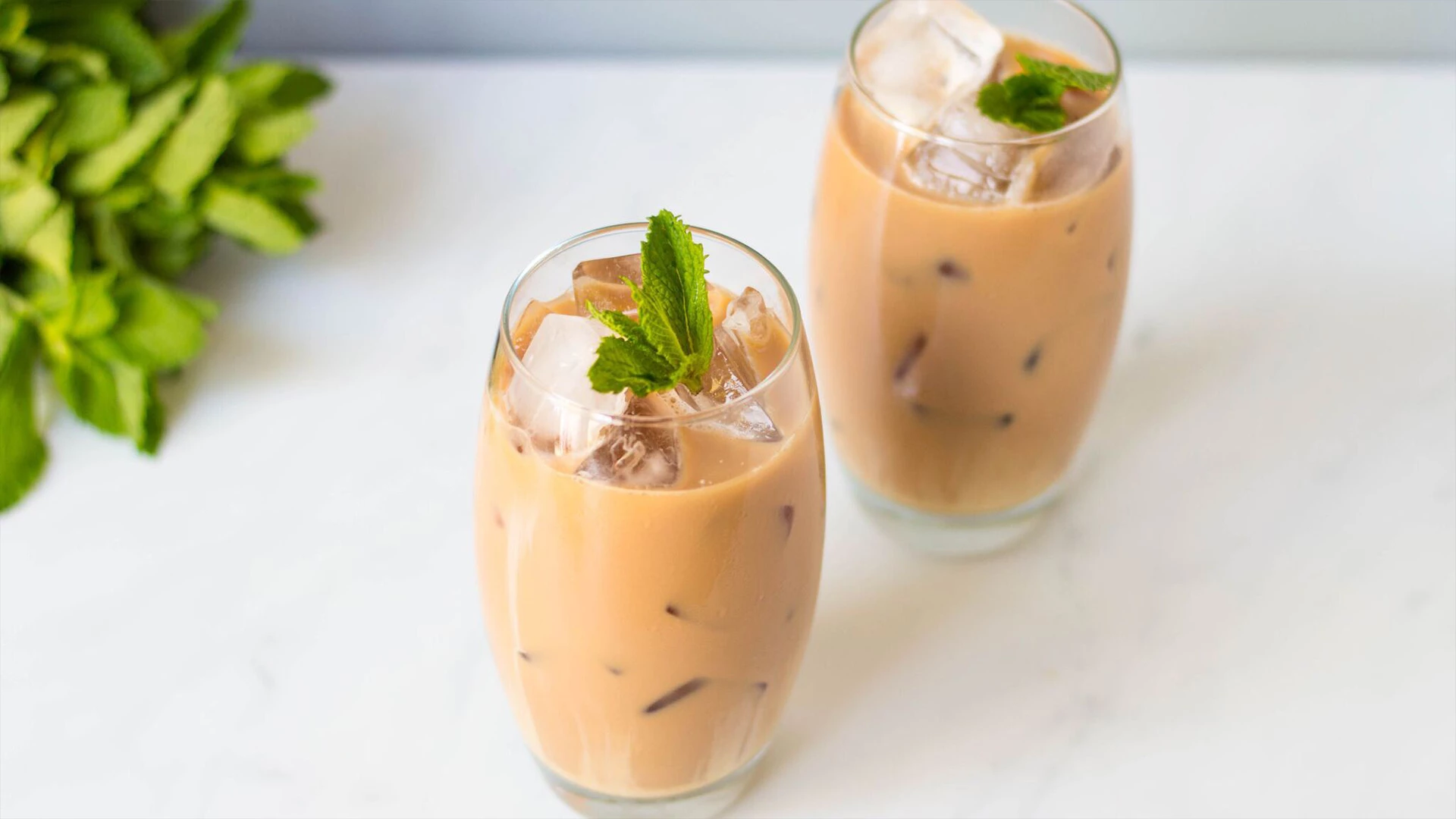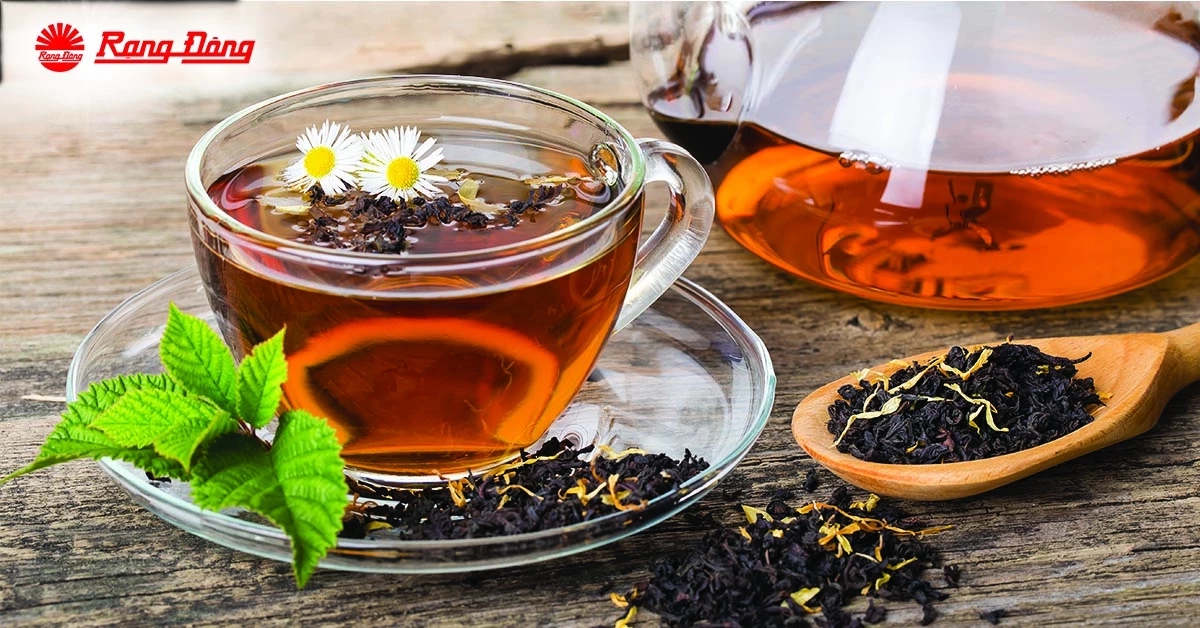History of black tea: From ancient China to modern times
Black tea entered Europe in the 17th century and quickly won the heart of consumers. The following article delves into the fascinating journey of the beverage, exploring its beginnings, the rise to prominence, and its enduring cultural significance. From ancient Chinese dynasties to modern tea enthusiasts, black tea has a storied past worth exploring.
A steaming cup of black tea with bold flavor and deep color
Origin
The story of black tea began in China during the Ming Dynasty (1368-1644). Unlike other types, black tea is fully oxidized, giving it a distinctive flavor profile and longer shelf life.
The process of making black tea was a closely guarded secret, perfected by Chinese masters who understood the delicate balance required to produce the best leaves. Black tea was initially consumed domestically, but its popularity soon spread to neighboring countries and beyond.
China has developed brewing and serving black tea into a delicate art.
Global expansion
Black tea's journey to the rest of the world started in the 17th century when Dutch and British traders began importing it to Europe. Its robust flavor and invigorating properties made it a favorite among Europeans, leading to an increase in demand.
The British East India Company played a crucial role in the global spread of black tea, establishing plantations in India and Sri Lanka. These regions became major producers, with distinct varieties like Assam, Darjeeling, and Ceylon tea gaining international acclaim.
Cultural significance
Throughout its history, black tea has been more than just a beverage; it has played a significant role in cultural rituals and social practices. In China, black tea was used in traditional ceremonies and as a medicinal drink. In Britain, afternoon tea became a social institution, symbolizing refinement and hospitality.
Meanwhile, in Russia, black tea was served in samovars, becoming a staple of Russian hospitality. Each culture that adopted black tea added its unique touch, enriching the global tapestry of tea traditions.
In Britain, afternoon tea has become a social institution, symbolizing refinement and hospitality.
The history of black tea is a testament to its enduring appeal and versatility. From its origins in ancient China to the status as a global commodity, the beverage has captured the hearts and taste buds of people worldwide. Its rich history and cultural significance continue to make it a beloved beverage, cherished by tea enthusiasts everywhere.
A comparison between the traditional Chinese tea ceremony and a British afternoon tea setting.
By understanding the history of black tea, one gains a deeper appreciation for its complex flavors and the traditions it represents. Whether enjoyed in a traditional Chinese tea ceremony or a British afternoon tea, black tea remains a symbol of cultural heritage and a timeless beverage.
Should you have any questions or request a quotation of Rang Dong products, please send us an email to: export@rangdong.com.vn.
Websites: en.rangdong.com.vn and vacuumflask.rangdong.com.vn




